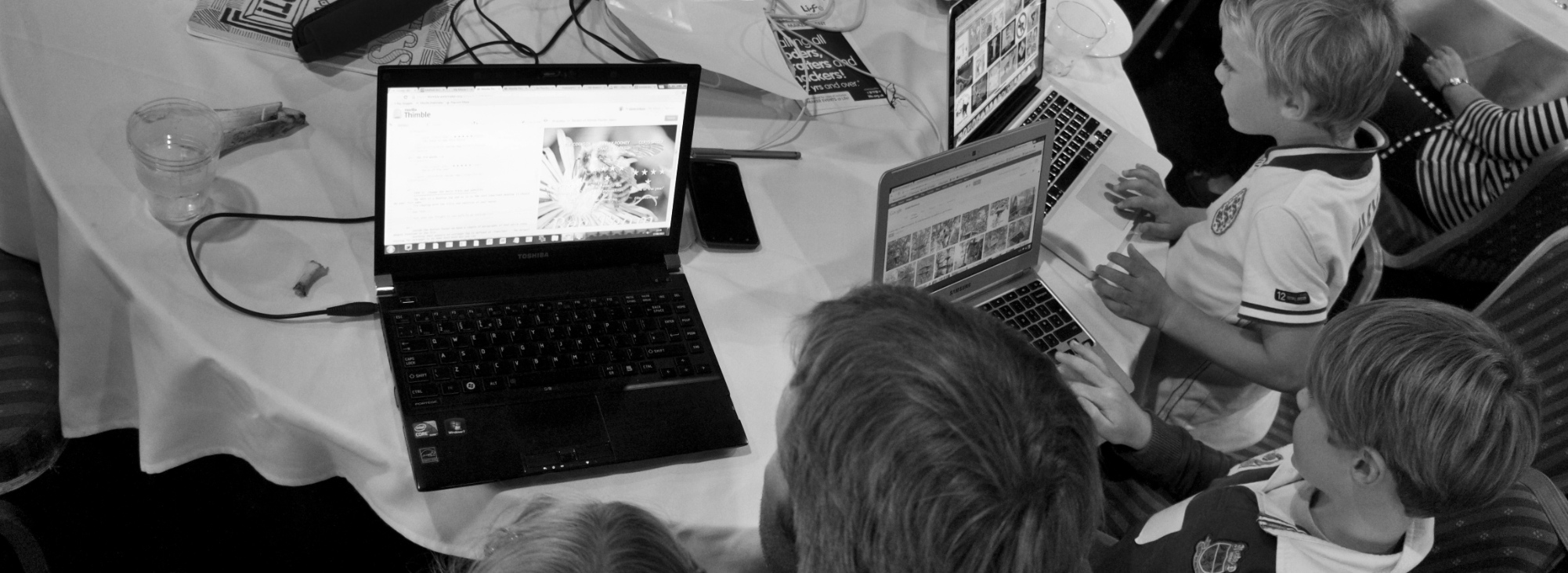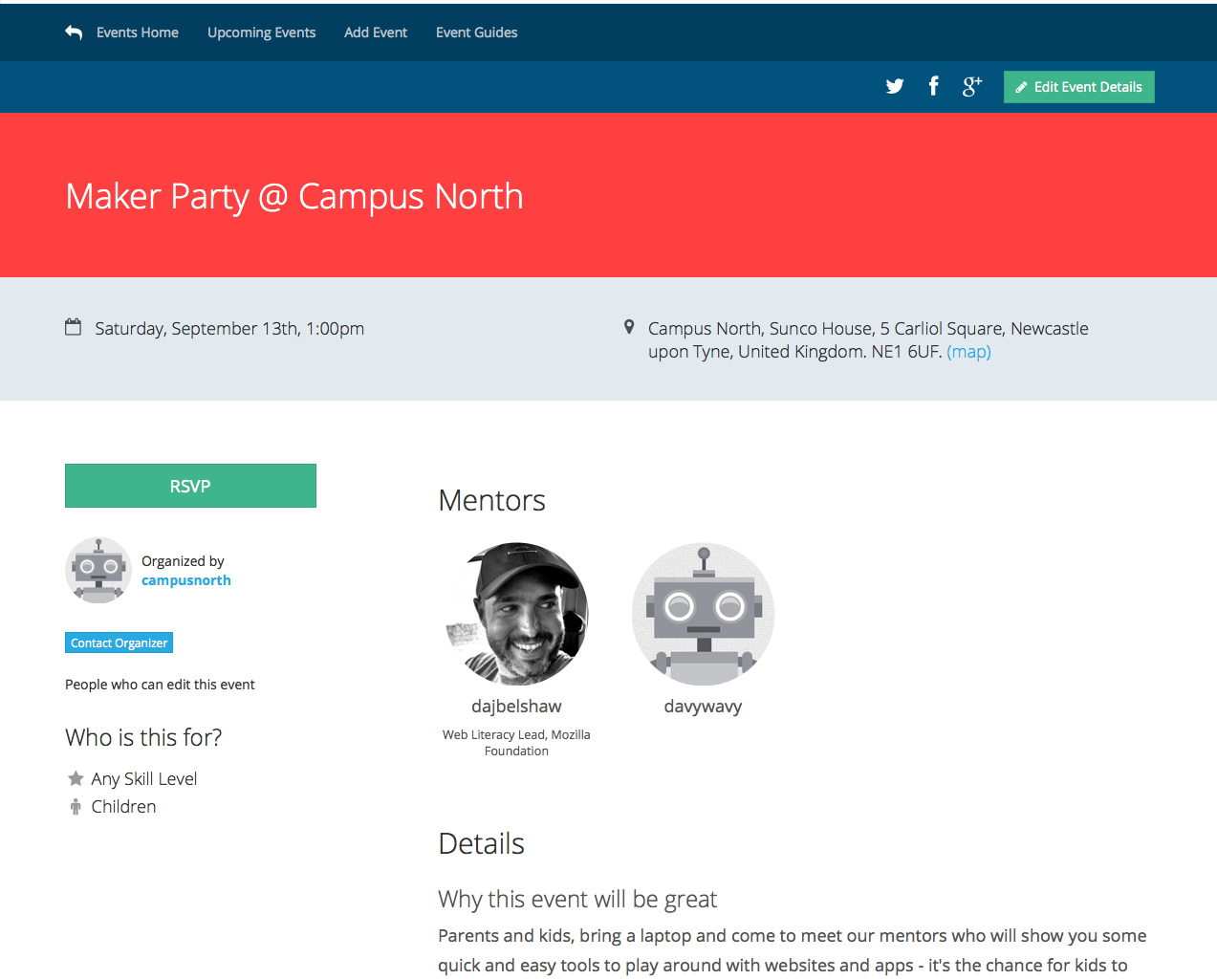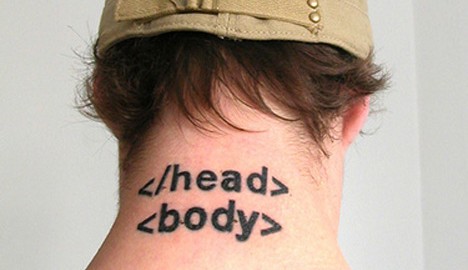This is a post for the Mozilla Webmaker MOOC called #teachtheweb. You can get involved here!
There’s a tendency that we all at various times either demonstrate or resist. In ascertaining the value of other people’s thoughts, innovations or opinions we ask for evidence of impact. But when it comes to our own thoughts, innovations or opinions, we believe evidence to be unnecessary because it’s self-evident.
So it is with learning new skills. Those without the skills ask questions about the value of obtaining them (“where’s the evidence?”), while to those with the skills it just seems obvious. And then there’s the perennial question about ‘transferability’. Just what counts as something being a ‘transferable skill’ anyway?*
To me, innovation comes at the overlap of two or more circles of a Venn diagram. It stands to reason, therefore, that the more circles there are on your Venn diagram, the more chances there are for overlap.
Learning a new language is like making your Venn diagram of skills three-dimensional. And by ‘a new language’ I mean things like HTML, JavaScript and Python just as much as French, Spanish and Chinese. These languages are new conceptual tools, new ways of looking at the world. Learning to play a musical instrument and understand mathematical abstraction/notation also falls into this camp, I reckon.
As a Pragmatist, I like the description William James gives of the world as a “bloomin’ buzzin’ confusion”. There is no way that we can have an objective or neutral view of the world, so the more lenses we can use to view it, the better.**
I’m (at best) currently an average wrangler of HTML and CSS, and a beginner with JavaScript. But the computational thinking I’ve developed through learning these from a reasonably young age (and before that messing about with a BBC Micro) have stood me in good stead for seeing the world differently.***
Why do we need to see the world differently? Well, because the problems that we face as a society are increasingly complex. We need people who speak many languages – including those of machines – to be able to solve them. We don’t need a society of pure programmers any more than we need a society of pure linguists or musicians. What we do need are people who know a bit of each.
That’s why I think learning a little code is important.
* I kind of discussed this in this blog post.
** I love the HTML Hunting in the World Around You challenge in P2PU’s School of Webcraft as an example of this.
*** I’m currently re-learning French through Duolingo.



